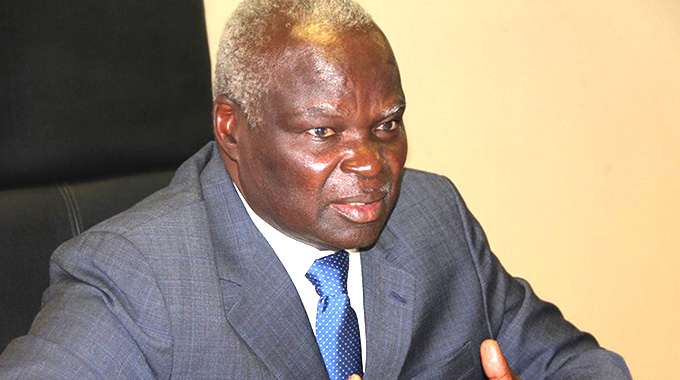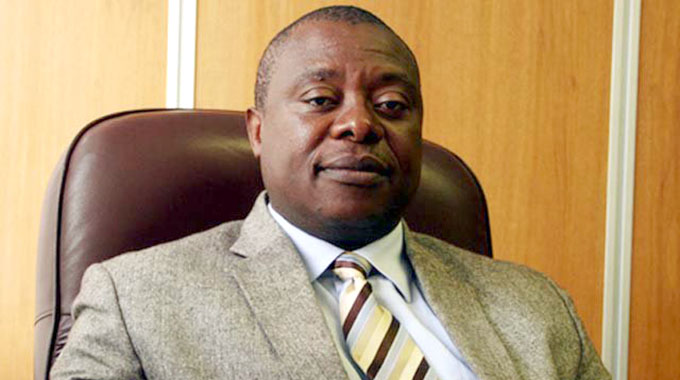Devolution gathers momentum

Martin Kadzere Senior Business Reporter
Provincial councils and local authorities have been directed to craft development programmes that inform their expenditures to be funded through Intergovernmental Fiscal Transfers as Zimbabwe’s devolution agenda gathers momentum.
Devolution refers to the cascading of powers and responsibilities to lower levels of governance by the central Government and in Zimbabwe a key feature of this is the creation of provincial councils that will become the authority in the running of affairs in the country’s regions.
Section 301 of the Constitution provides for Intergovernmental Fiscal Transfers from central to provincial and local tiers of Government to support devolution.
The Treasury has disbursed nearly $140 million to all 92 local authorities towards devolution implementation.
In a speech read on his behalf during a half-day devolution conference hosted by Business Weekly in Gweru last Friday, Mr Andrew Bvumbe, a senior director in the Ministry of Finance and Economic Development, said the development plans should be guided by National Planning Document of which the current one is the Transitional Stabilisation Programme (October 2018 – December 2020).
“In order to ensure development of these planning documents, Office of the Minister of State for Provincial Affairs will be required to co-ordinate the activity,” said Mr Bvumbe.
In recognition of the importance of devolution, the Government has made the implementation of the concept a key strategy of the national development agenda.
The devolution and decentralisation programme features prominently in the socio-economic development roadmap, Vision 2030, the TSP and the 2019 National Budget.
It is anchored on the overriding objective of promoting sustainable, representative, accountable and inclusive governance. It recognises the right of communities to manage their economic affairs and further their own development as well as encouraging the equitable sharing of local and national resources.
The model of devolution will facilitate investment in various districts at growth points.
In crafting the developments plans, Local Government, Public Works and National Housing Minister July Moyo, said provinces should focus on quick wins export projects including those requiring low capital and less power to achieve competitiveness.
“The proposed paradigm shift in the architecture of our national governance structures should result in increased and competitive exploitation of local resources,” said Minister Moyo.
Disaggregation of the economy
“Implementation of devolution emphasise regional economic development. This, therefore, entails the development and tracking economic activities at district and provincial levels; hence the need for developing and monitoring of Gross Domestic Product (GDP) statistics at district and provincial levels,” said Mr Bvumbe.
Provinces will be required to co-ordinate and monitor the development of such statistics in the respective jurisdictions with technical assistance of the relevant Government agencies.
The national GDP will be disaggregated to the provincial level for competitiveness purpose. The provincial management of the economy entails working closely with the private sector to capture data and understanding their requirements.
President Mnangagwa has since declared that his administration would prioritise the implementation of devolution. The President chairs the Cabinet Committee on Financial and Economic Affairs and that on Devolution and Economic Development of Provinces and Local Authorities. The devolution concept, which has been a long-standing governance issue, was crystallised in the Constitution of 2013.
Business Weekly roadshows will be held in the country’s 10 provinces where various stakeholders including the Government, private sector, churches, academia, and civil society will dialogue on critical matters pertaining the implementation.
Government has since allocated $310 million to facilitate the devolution of power to provincial councils and some disbursements have been made to the provinces.
The theme of roadshows will be centred on major economic activities or resource endowments in specific provinces.









Comments